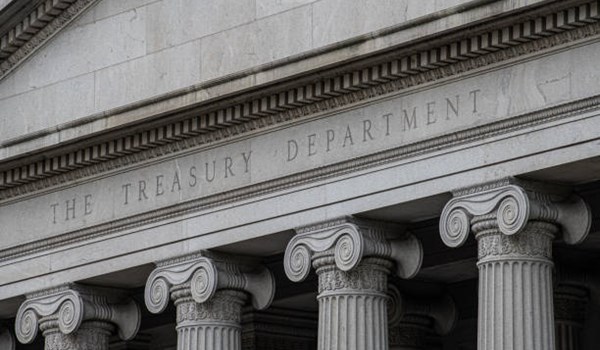The United Arab Emirates and Bahrain expect to be removed from the European Union’s tax-haven blacklist after taking steps to block tax avoidance by companies, the governments of the two countries said on Thursday.
Two days ago, EU finance ministers included the UAE and Bahrain on a new blacklist of 17 jurisdictions deemed to be tax havens. Inclusion on the list could affect billions of dollars of capital flows through both countries, which are Middle Eastern banking centres.

Countries on the blacklist may no longer be used by EU institutions for international financial operations, and transactions involving them could be subject to closer scrutiny.
On Thursday, both the UAE and Bahrain said they did not deserve to be on the list because they had already taken many steps to exchange financial information with other countries. But they pledged to do more to satisfy the EU.
“We have committed to a reform process which will be finalised by October 2018, and we are absolutely confident this will ensure the UAE is swiftly removed from the list,” the UAE said.
It said its only outstanding issue with the EU was implementing the BEPS Minimum Standard. BEPS is a set of policies to tackle tax avoidance strategies that allow multinational companies to shift profits artificially to low or no-tax locations.
The UAE has committed to finalising implementation of BEPS by October 2018 and ratifying it by March 2019, a schedule which would give the country’s federal structure enough time to ratify the measure across all seven emirates, the government said.
“We stand by this realistic timeline,” it said, adding that it was confident of being recognised as an internationally compliant tax jurisdiction at the EU’s next review.
Bahrain said its national assembly had begun the process of approving agreements that would allow it to collect information from its financial institutions and automatically exchange it every year with other countries.
The government also said it would commit to becoming a member of the Inclusive Framework on BEPS, a group of over 100 countries and jurisdictions that cooperate to implement BEPS policies.
“Bahrain will initiate dialogue with the EU on this matter, to ensure understanding and recognition of the Kingdom’s efforts to ensure financial transparency, international cooperation and a robust regulatory environment,” it said.




